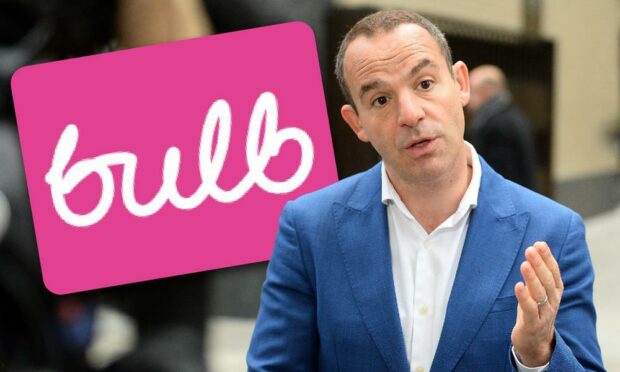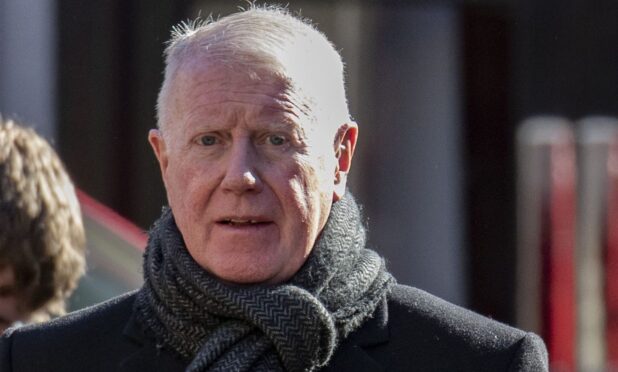Financial expert Martin Lewis has weighed in on the collapse of energy supplier Bulb with advice for their customers, warning they could face price hikes by switching now.
Many of the company’s 1.7 million customers are worried that they could be left in the dark, with conflicting advice about what to do now that Bulb, and other suppliers, are set to shut.
What has happened to Bulb and its customers?
The company has been placed into special administration – a process designed to protect customers when a large energy supplier can no longer trade.
It has reassured customers that their energy supplies have been secured as well as credit balances.
An administrator will be appointed to run the company until it is either rescued, sold, or has its customers transferred to other suppliers such as Scottish Power.
What advice does Martin Lewis have?
Money-saving guru Martin Lewis has issued relatively simple advice on the collapse of Bulb.
He has urged customers affected to “do nothing”, warning about the potential cost of switching suppliers.
He wrote on social media: “As a Bulb customer do nothing. In terms of switching to other suppliers, do nothing (don’t switch).”
He is warning that switching could lead to customers paying up to 30% more than their current rate, explaining that those affected will remain on the price cap.
He added: “There’s [nothing] meaningfully cheaper.”
How long will the energy crisis last?
Bulb is the latest in a line of energy firms to enter administration, with more than 20 closing since the start of the year amid soaring gas prices.
Economists have warned that the higher gas prices are likely to remain until next year, with the UK “acutely vulnerable”.
Frank Wessely, managing director at business advisory firm Quantuma, said previously that a number of factors would affect prices heading into the winter.
He said: “If demand is high then we could be in for sustained higher prices, given that the UK is a big importer of gas, and our storage facilities are much less than many other European countries.
“This makes us more prone to price fluctuations. While Russia is not a major supplier to the UK, there are concerns that supplies are being restricted to the UK and the EU although this is being denied in Moscow.
“With energy futures prices on the increase the clear expectation is that volatility and higher prices will last well into 2022.”











